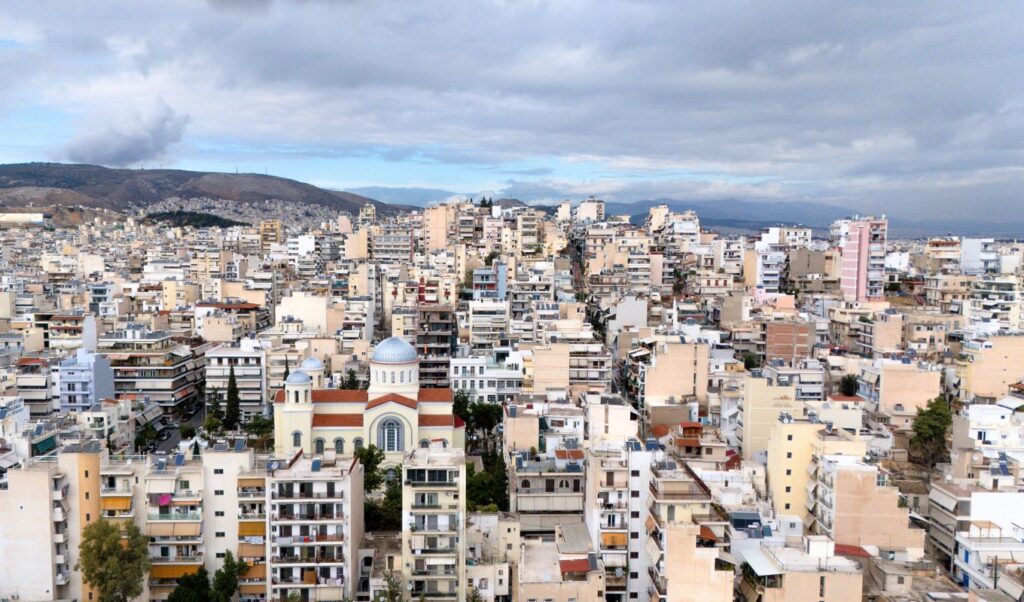The upward trajectory of the Greek real estate market continues into 2025, with sales prices recording fresh increases and cementing a seven-year streak of price appreciation. According to preliminary data from the Bank of Greece for the second quarter of the year, average apartment prices increased by 7.3% year-on-year, following a 9% rise in 2024 and 13.9% in 2023. Notably, the increase appears more pronounced in older apartments (7.6%) compared to newly built ones (6.8%), as demand now turns to more affordable options, though without avoiding price increases.
The continuing price surge is fueled not only by steady demand but also by shrinking supply, with the explosion of short-term rental platforms like Airbnb being a key factor. Many property owners’ shift to this market has reduced available homes for long-term rental, driving up rents even for older construction properties.
Airbnb: Permit restrictions expand amid housing crisis and new property price surge
Within this environment, the government is extending the suspension of new Airbnb permits to five additional areas: Thessaloniki, Chania, Santorini, Paros, and Halkidiki. The decision, which follows the extension of the measure in central Athens through 2026, aims to limit the housing distortions that have been created. In Chania and Santorini, local communities express intense concern about the alteration of their areas’ character, while in Paros and Halkidiki, permanent residents struggle to find affordable housing.
In July 2025, available short-term rental properties nationwide reached 245,944, offering more than 1 million beds – 57,000 more compared to a year earlier. Attica remains first in number of listings, concentrating nearly one-third of the total stock.
Meanwhile, the housing program “My Home 2”, while aimed at supporting young people in acquiring their first home, appears to further boost demand and consequently the upward price trajectory. The fundamental problem remains the limited housing supply, resulting in a deepening housing crisis and tenants facing increasingly suffocating conditions.




